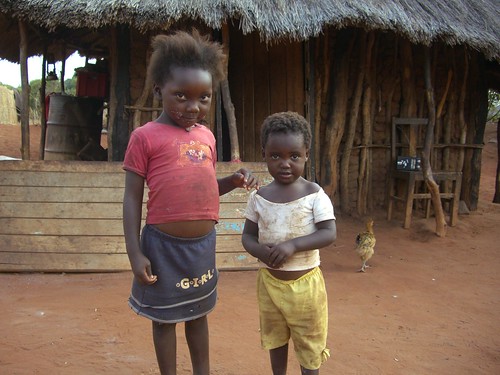After six months without rain October sees the start of the rainy season in Zambia. The parched earth, the dry river beds, the farmers and wildlife welcome the precipitation and so do the mosquitos – the most unwelcome of creatures. Africa malaria is the number one killer of man; seventy-five per cent of people worldwide who die from this disease are children under the age of five mostly in Sub-Sahara Africa. This region has Plasmodium falciparum, the most common and deadliest form of malaria, but easily treated if diagnosed in time.
The Zambian government’s policy is to provide mosquito nets for all pregnant women and under-five children. However during my recent visit to Mukuni I found that there was a huge shortfall, when asked to deliver these nets to certain villages less than half of the required amount had been provided. HIV/AIDS sufferers are also vulnerable and need protection. Working with our NGO team on the ground we are determined to supply these remote communities with additional nets before the heavy rains make the villages inaccessible.

Malaria at Mukuni: These young children need protection against this disease
This week I attended a Philanthropy Forum in London, listening to some of Briton’s biggest charity donors, including Sir Richard Branson tell us how they are tackling major issues such as global warming, poverty HIV/AIDS and malaria. Though there is tremendous support from international governments and wealthy donors I see very little filtering through to the rural villages such as Mukuni. The Butterfly Tree supports a malaria program at Mukuni Health Centre by providing mosquito nets, malaria testing kits and education workshops. Please help us save lives by donating just £3 to purchase a mosquito net.


